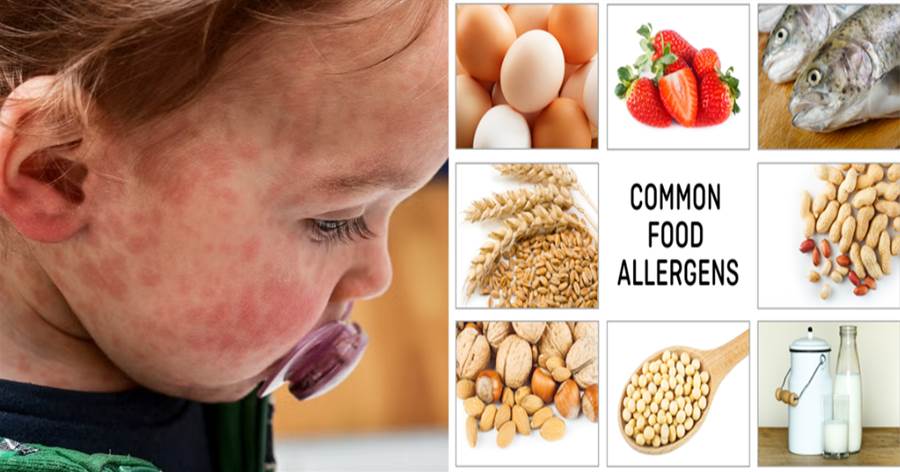
“Wait… I should feed my baby peanuts?” If you’re a parent raising your eyebrows at that thought, you’re not alone. For years, pediatricians advised delaying the introduction of allergenic foods like eggs, peanuts, and dairy to avoid reactions. But in recent years, this guidance has dramatically shifted—and it might just help prevent food allergies altogether.
In fact, a groundbreaking 2015 study called the LEAP trial changed the game by showing that introducing peanut products as early as 4 to 6 months old reduced the risk of peanut allergy by more than 80% in high-risk infants.
That’s not just advice—it’s a revolution in how we approach baby nutrition.
Let’s dive into the top five allergenic foods experts now recommend introducing early, and why this early exposure may be one of the most important decisions you make for your baby’s future health.
Peanuts used to be public enemy #1 in the allergy world. But now? They're leading the early introduction charge.
Why early matters: Peanuts are one of the most common and dangerous food allergens. But research shows that introducing peanut butter in small, diluted amounts around 4–6 months can help the immune system recognize it as safe.
The article is not finished. Click on the next page to continue.
The article is not finished. Click on the next page to continue.
Next page


















